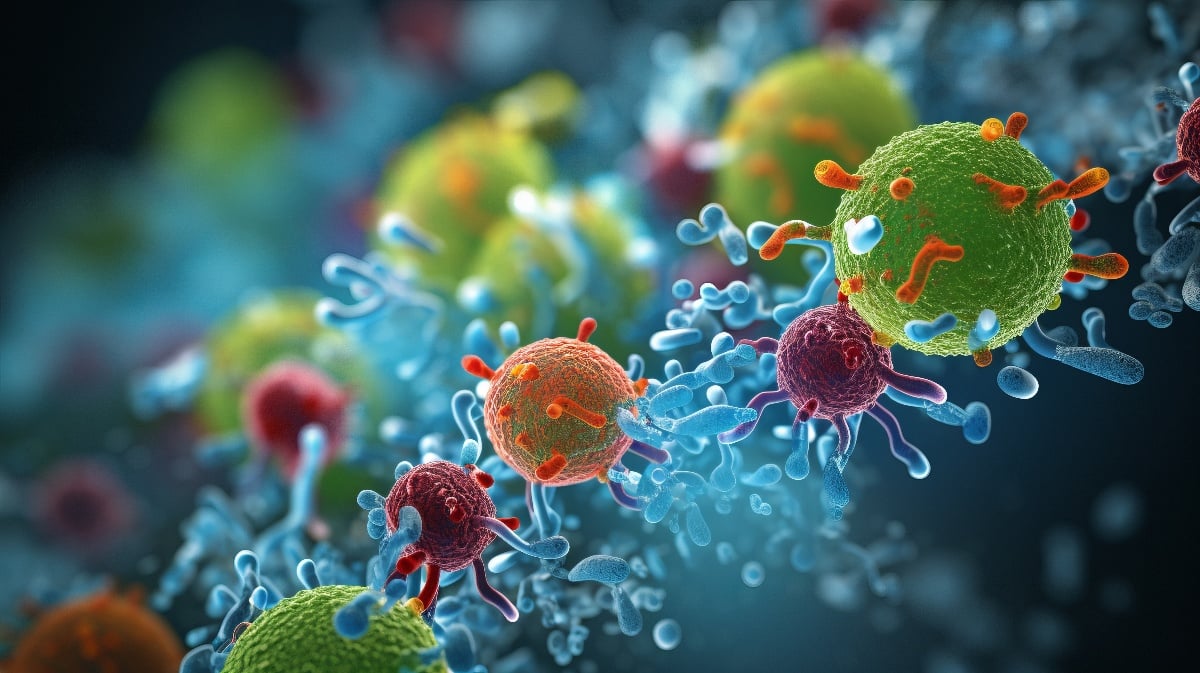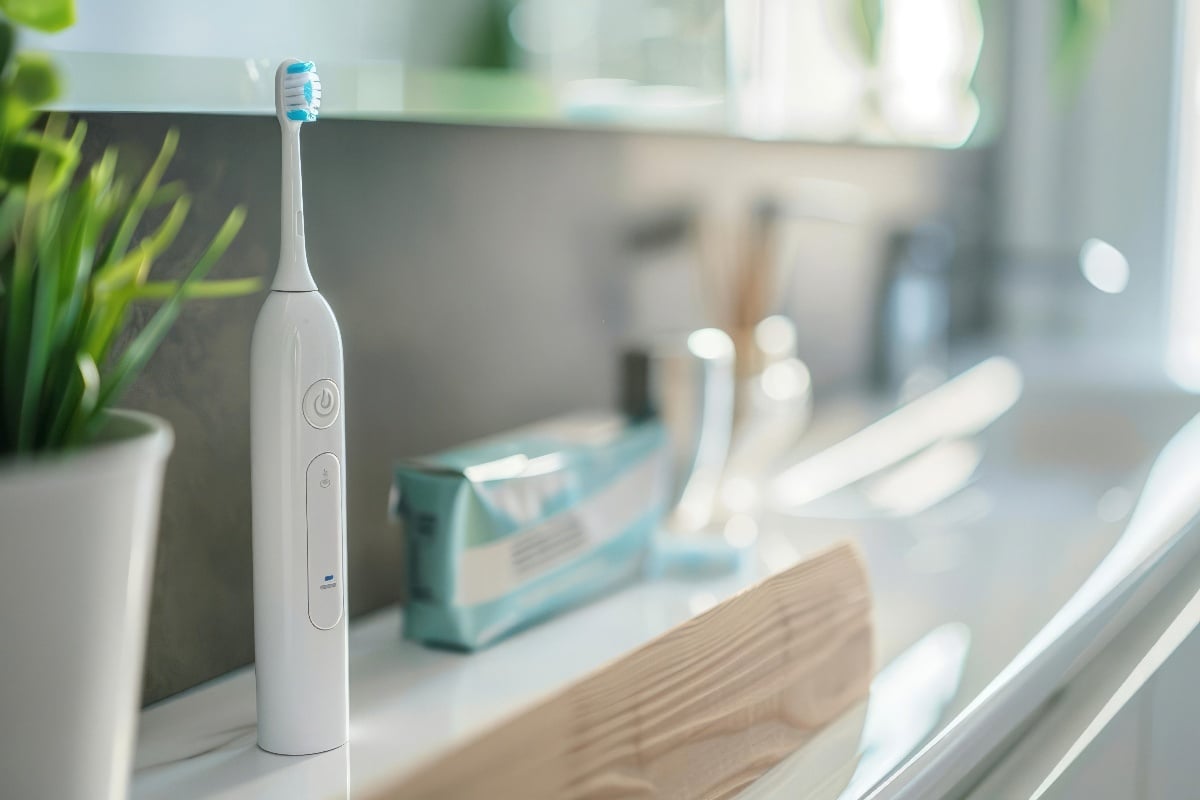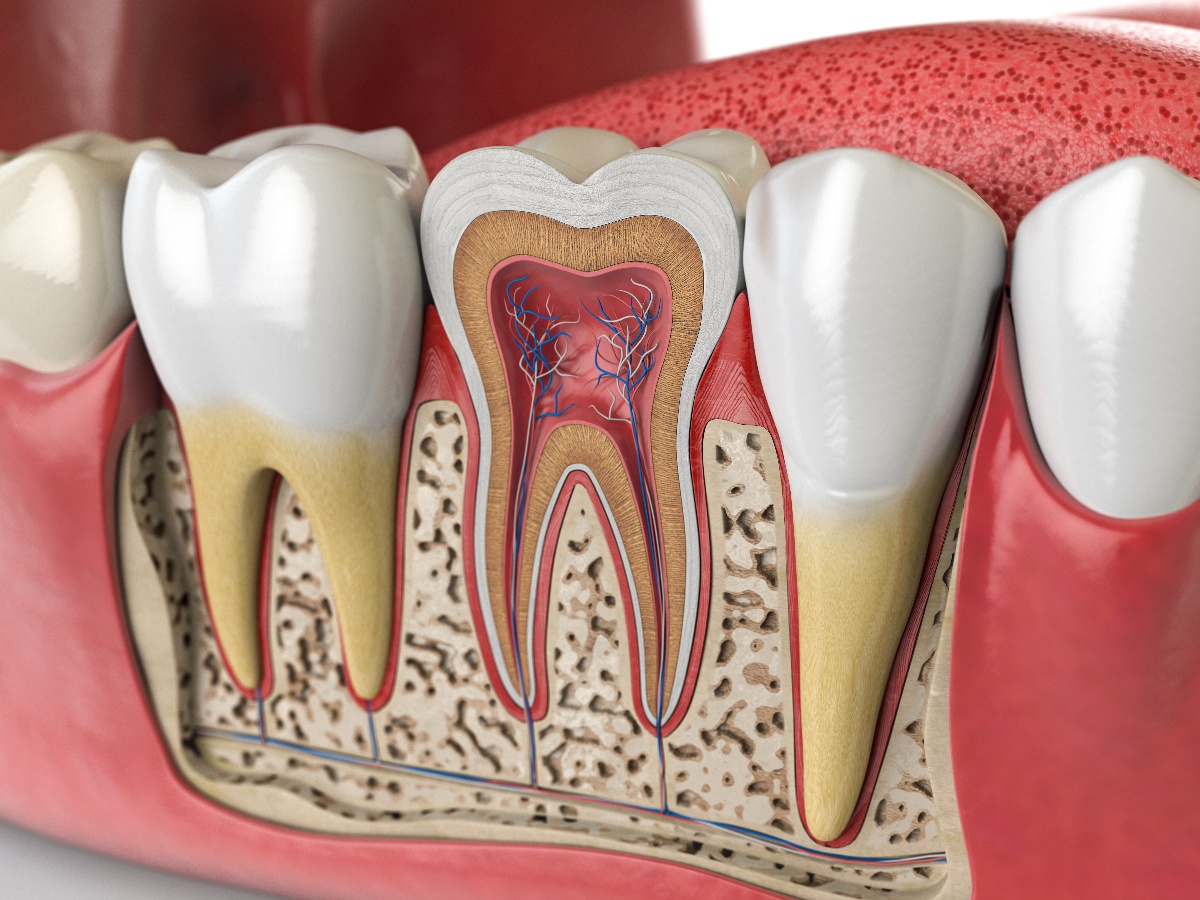Maintaining optimal oral health is needed for your overall well-being since your mouth is the gateway to your digestive and respiratory systems. However, many people need to be made aware of the role played by the oral microbiome, which includes the microorganisms residing in the mouth. Like the more well-known gut microbiome, your mouth is also home to a community of bacteria, fungi, and viruses. If your microbiome is healthy, these microorganisms can protect you from diseases. But if they are imbalanced, they can lead to dental problems, such as tooth decay and gum disease. In more severe circumstances, they can even influence medical conditions like heart disease and diabetes.
What is the Oral Microbiome?
The oral microbiome is a well-organized system of tiny living things called microorganisms in your mouth. It's made up of hundreds of different types of microbes, mostly bacteria. The oral microbiome includes:
- Bacteria
- Fungi (like yeast)
- Viruses
- Single-celled microorganisms called Arachae
These microscopic organisms live on different parts of your mouth, such as your teeth, gums, tongue, and other soft tissues. Although bacteria are the dominant class of microbe in your mouth’s oral microbiome, not all of them are harmful. While some bacteria like Streptococcus mutans can cause cavities, others like Streptococcus salivarius might actually help protect your teeth.
A balanced oral microbiome with all organisms living in harmony is required for certain “good” microbes to keep your mouth healthy. With this type of environment, you can remain protected from problems like cavities, periodontal disease, and bad breath. But if this balance gets disrupted and some microbes start growing too much, it can lead to problems.
Your mouth is different from other parts of your body, like your gut or skin, where microbes also live. It has a lot of water, nutrients, and a warm temperature, which makes it a great home for certain microbes. The types of microbes living in different areas of the mouth can vary, too—some prefer hard surfaces like tooth enamel, while others prefer soft tissues.
The Role of “Good” Microbes
"Good" microbes in the mouth play a crucial role in maintaining oral health by preventing tooth decay, gum disease, and bad breath. Here’s how they can accomplish this:
- Fighting Harmful Bacteria: Good bacteria compete with harmful bacteria for space and nutrients to multiply in the mouth. By outnumbering and out-competing the bad microbes, they prevent the growth of harmful bacteria that cause cavities and gum disease.
- Neutralizing Acids: Some beneficial microbes can neutralize acids produced by bacteria from the breakdown of food, especially sugar. These acids can erode tooth enamel and lead to cavities. By reducing acidity, good microbes can protect your teeth.
- Enhancing the Immune Response: “Good” oral bacteria can positively influence your body’s immune response. They train the immune system to recognize irritants and help prevent inflammation that can lead to gum disease.
- Breaking Down Food Particles: Good bacteria help break down food particles trapped between teeth and gums. This reduces the food supply for harmful bacteria and helps prevent plaque and tartar formation.
- Producing Fresh Breath: Certain good bacteria produce substances that naturally fight others that are responsible for producing bad breath. By maintaining a healthy balance of these microbes, the occurrence of bad breath can be significantly reduced.
- Promoting Tissue Health: Some beneficial bacteria produce byproducts like short-chain fatty acids, which can help nourish your gums and keep them healthy and free of inflammation that leads to periodontal disease.
- Strengthening Enamel: Some “good” microbes can help re-mineralize teeth that have been damaged by acidic and sweet foods and beverages.
- Preventing Overgrowth of Fungi: A healthy oral microbiome includes a balance of bacteria and fungi. Good bacteria help control the population of fungi like Candida, preventing conditions like oral thrush, which can affect the mouth and throat.
What Is Dysbiosis?
Dysbiosis is a term used to describe an imbalance in the microbial community of a particular area, such as the mouth. In the oral cavity, dysbiosis occurs when the normal balance between “good” and harmful organisms is disrupted. This allows disease-causing microbes to flourish and cause oral health problems.
Several factors can lead to oral dysbiosis:
- Poor oral hygiene: Not brushing and flossing regularly allows harmful bacteria to build up in dental plaque.
- A diet high in sugar and refined carbohydrates: These foods feed the bad bacteria, helping them to grow and produce acid that damages tooth enamel.
- Dry mouth: Saliva helps wash away food particles and harmful bacteria. Certain medications, medical conditions, and treatments can reduce saliva flow, leading to a dry mouth and increasing the risk of dysbiosis.
- Smoking: Tobacco use can disrupt the normal balance of oral microbes and weaken the immune system, making it harder for the body to fight off harmful bacteria.
- Chronic stress: Stress can weaken the immune system and change the composition of the oral microbiome, favoring the growth of disease-causing microbes.
Dysbiosis and Dental Disease
Once there is an imbalance of the oral microbiome, you are at a higher risk of several oral health problems, including:
- Dental caries (tooth decay): Cavity-causing bacteria like Streptococcus mutans thrive in an unhealthy oral microbiome. These bacteria produce the acid that damages enamel and leads to cavities.
- Gingivitis: When harmful bacteria accumulate along your gum line, it causes the inflammation, redness, and bleeding that is associated with gingivitis.
- Periodontitis: If gingivitis is left untreated, inflammation leads to infection and a more serious condition known as periodontitis. Unlike gingivitis, it is not reversible and requires long-term professional care.
- Oral thrush: Dysbiosis can allow the overgrowth of the fungus Candida albicans. This results in white patches, redness, and soreness in the mouth, known as thrush.
- Halitosis (bad breath): The by-products of certain harmful bacteria can cause persistent unpleasant odors in your mouth.
How To Maintain A Healthy Oral Microbiome
Maintaining a healthy oral microbiome is crucial to preventing dental diseases. A balanced microbiome not only helps fight off harmful bacteria but also supports the natural and healthy functions of your mouth, such as aiding your digestive and immune systems.
Here are some steps you can take to promote and sustain a healthy oral microbiome:
- Regular Oral Hygiene: Daily brushing and flossing remove food particles and plaque. This limits the resources available for harmful bacteria to thrive. Dentists recommend that most people brush at least twice a day and floss daily to keep the oral microbiome in balance.
- Use of Therapeutic Mouthwashes: Antimicrobial mouthwashes can help reduce harmful bacteria levels while maintaining beneficial bacteria. However, it's important to choose a mouthwash that does not disrupt the natural balance of your oral microbiome.
- Balanced Diet: Eating a diet rich in fruits, vegetables, and fiber supports a diverse and balanced microbiome. Limiting sugar intake is important since sugar feeds harmful bacteria that cause decay and gum disease.
- Regular Dental Check-ups: Professional cleanings and dental exams help manage plaque control and monitor any changes in your oral health.
- Stay Hydrated: Drinking plenty of water helps maintain saliva production, which naturally defends against harmful bacteria and helps cleanse your teeth and oral soft tissues.
- Avoid Smoking and Alcohol: Smoking and alcohol consumption are known to disrupt the oral microbiome and is linked to many oral health issues, including gum disease and oral cancer.
These healthy habits can help you create an environment that supports the growth of beneficial microbes and maintains a balanced oral microbiome. As research continues to uncover new insights into the complex world of the oral microbiome, personalized treatments and targeted therapies may become available to help optimize your oral health.
Schedule an Appointment
Palmetto Dental Arts can help you maintain a healthy oral microbiome. To learn more, call us or contact us online.





